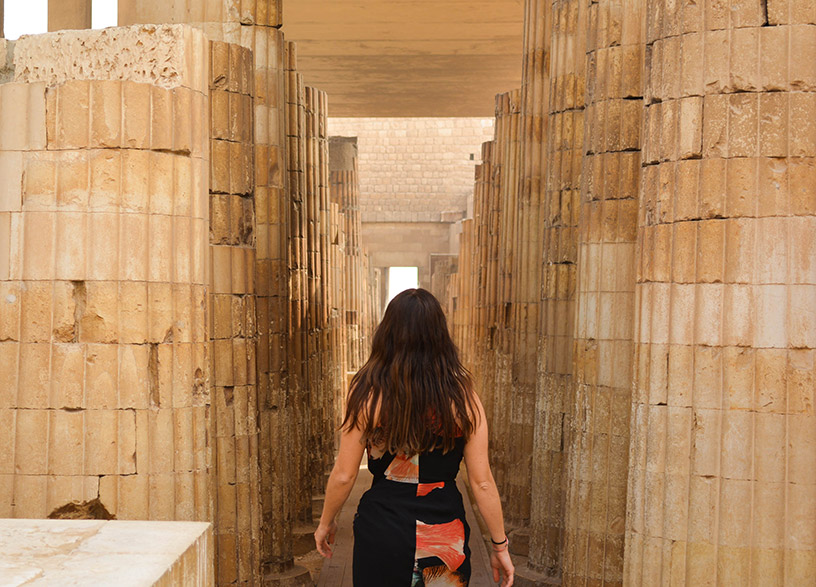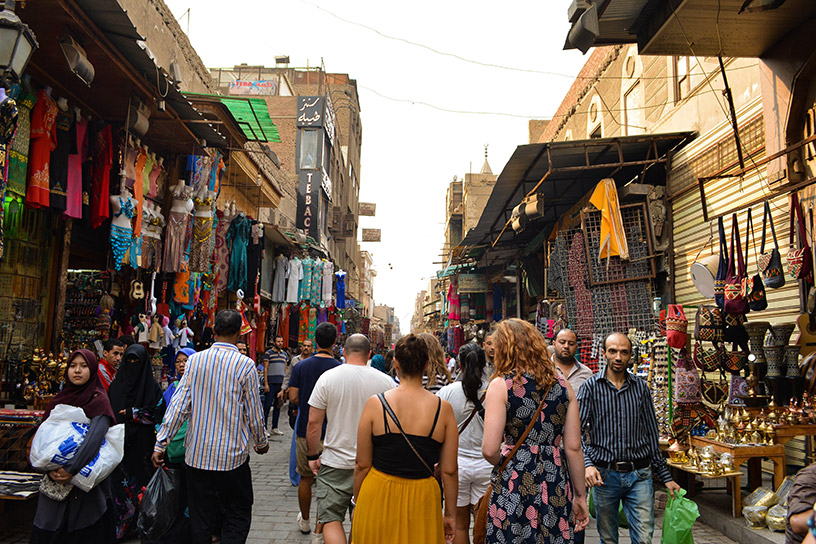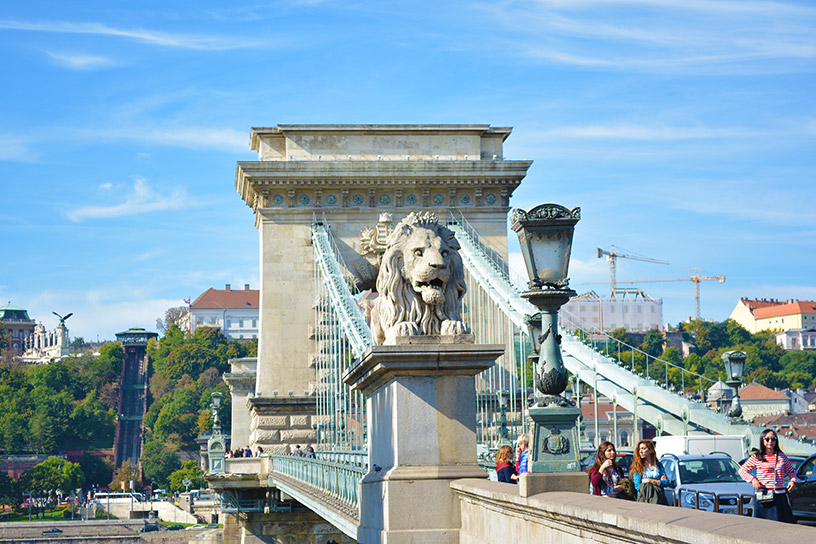Planning tips for independent travellers
Travelling independently for the first time? It can be daunting arriving in a foreign country, but with some research, forward planning and a little bit of travel savvy, you’re on the right track to exploring safely, efficiently and on a budget.
Keep reading for travel pointers on what to do when you arrive at the airport, where to stay, sightseeing pointers, and general advice on money, language and safety.

Arriving in a foreign country
Do your research before you arrive on how to get from the airport to your accommodation. Research what bus, train or metro line to take and where to find it - before you land. This can help you avoid encounters with pushy taxi drivers on arrival – and also save you a lot of stress.
Before you move on to a new location, load up a map on the Maps.me app to give you directions from the airport or bus/train station to your accommodation. Once the map is loaded, the maps work offline and will show you where you are at any given time using GPS.
For example, when I arrived at Vietnam’s Hanoi Airport, I loaded up the route to my hostel so when I got on the local bus I knew when to get off the bus.
If you’re worried about finding your own way or are arriving late at night, organise an airport transfer through your accommodation.
Where to stay
Where you stay depends on your travel style and budget. As a solo budget traveller, I prefer hostels. They’re a lot cheaper than hotels and you will have the opportunity to meet loads of other travellers. Figure out if you want to party or would prefer a chilled vibe where you can relax and sleep? If a dorm is too much for you, many hostels offer private rooms.
HostelWorld and Booking.com are two accommodation booking sites I’ve found to be very reliable with reviews. HostelWorld takes a deposit (10 per cent of the cost of your stay) at the time of booking, while Booking.com does not unless otherwise stated.
If you choose to stay in a hostel, earplugs and an eye mask are recommended. The majority of hostels will provide a locker for you to store your valuables, but you’ll usually need your own padlock.
In South East Asian countries such as Indonesia and Vietnam, guesthouses or homestays are another cheap option that offer you more privacy than a hostel. AirBnB is also another good option to consider – you can get a place to yourself or a private room in someone’s home.

Staying safe
A lot of keeping safe is common sense. Don’t flash your cash or valuables around, avoid drinking alone and walking down dark alleys, and always be aware of your surroundings.
When you’re out and about, don’t carry too much cash on you. It’s also a good idea to carry a RFID blocking wallet or sleeve to protect your bank cards from skimmers. For ladies, I recommend carrying a cross body bag. This way you can keep it in front of you at all times.
Trust your gut. If you feel uncomfortable, get out of there. For example, if someone seems to be hanging too close to you, or locals seem to be a little too interested in where you’re staying and what you will be doing during your trip.

Money
Figuring out money overseas can be confusing – working out the money denominations and how much things cost in your home currency. Try to avoid changing money at airports – they offer a bad exchange rate and charge commission. It’s best to change money at local exchange counters.
Organise some cash before you go in the required currency. If you’re travelling to a country with a less common currency, it’s worthwhile carrying US Dollars or Euros which will be easier to change than something like Australian dollars.
For example, if you’re travelling to Central or South America or South East Asia, it’s always good to have some US Dollars on you. Some of these countries will even accept payment in US Dollars for tourist type activities.
There are a number of countries in Europe that don’t use the Euro and instead have their own currencies – countries such as Hungary, Poland, Norway and Sweden to name a few – however Euros will be easy to change when you’re there.
I also recommend having a travel money card. You can preload cash and lock in the exchange rate and use it on EFTPOS machines, as well as ATMs to get local currency. Multiple sources of funds are also good (e.g. bank card, travel card and cash) in case the worst happens.

Sightseeing
You probably have many must-sees on your list. Go out and do those first and tick them off the list. Then try and save some time to just wander the city – you never know what you’ll find.
Maximise your sightseeing by making a plan. Figure out if there are any sights in similar areas so you can do them all at once. Prioritise as well. You may not have enough money to go inside every famous building – so you may want to pick and choose a few. If a city has a hop on hop off tour bus, this is also a good way to get around the city and see the main sights over a day or two.

Language
If you’re an English speaker you won’t have too much trouble in most of Europe and South East Asia. But a basic knowledge of Spanish will be very helpful in Central and South America.
Phone apps like Google Translate are a great travel tool. Before you leave home, download the language file you need to your phone. For example, for South America, I would download the Spanish language file. Once the file is downloaded, you can translate words or phrases on the spot without data.
Lisa Owen is a pint-sized Australian following her dreams to travel to as many places as she can, and loves to share her photography, travel hacks, hiking adventures, and food discoveries along the way. At last count, she has travelled to more than 60 countries in between working in public relations and discovering hidden gems in Australia's great outdoors. Instagram: @thelittleadventurer. Facebook: The Little Adventurer Australia.
The views, opinions and positions expressed by the author and those providing comments are theirs alone, and are meant as travel inspiration only. They do not reflect the opinions of Cover-More Insurance. You should always read the PDS available from your travel insurance provider to understand the limits, exclusions and conditions of your policy and to ensure any activities you undertake are covered by your policy.